Permaculture. The “P” word.
It carries so much intrigue. Weight. Curiosity.
While I am young enough to have not been around when the word “organic” started floating about in the 70’s, I imagine it to be the same kinda of thing as the buzz around permaculture.
 People ask what it is and you get a definition like this one from Wikipedia:
People ask what it is and you get a definition like this one from Wikipedia:
Permaculture is a system of agricultural and social design principles centered around simulating or directly utilizing the patterns and features observed in natural ecosystems.
Well, that kinda makes sense. But what does it REALLY mean, in practical life Another definition from Bill Mollison (one of the people often credited as being the “originator” of it) is:
Permaculture is the harmonious integration of the landscape with people providing their food, energy, shelter and other material and non-material needs in a sustainable way.
Sometimes you get a definition that starts out like:
“Permaculture is a design science…”
Eeerrrrrrttt! Hit the brakes. Don’t go there.
Not that any of these are wrong, they are just an advanced and sometimes complicated way to explain something that is really simple.
All of these generally leave people asking – well how do I apply it? For some reason every answer tends to be garden or house centered. So, lets take a deeper look
Seventh Generation Principle
Let us sidetrack for just a minute, to give us some alternative context.
The Seventh Generation Principle is based on an ancient Iroquois philosophy that the decisions we make today should result in a sustainable world seven generations into the future.
Pretty straight-forward right? I bring this up because this is exactly what permaculture boils down to, for me. Permaculture to me is defined as living, doing an being in a way that is of benefit to future generations – human, animal and plant.
If you are interested more in the relationship between permaculture and Native Americans, Tending The Wild, is a must read. It was the first time I read a book and thought “Now THIS is REAL permaculture”!
So how do I apply it?
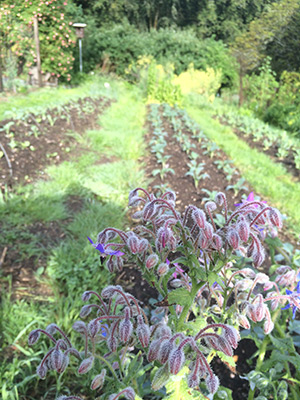 Any action I take can be checked against questions like the ones below – if the answer is “no” then I know the action is not aligned with permaculture. If yes then I know it is aligned with permaculture.
Any action I take can be checked against questions like the ones below – if the answer is “no” then I know the action is not aligned with permaculture. If yes then I know it is aligned with permaculture.
For example:
Are the garden amendments you are using in alignment with permaculture principles?
OR
Is buying this packaged meat (wrapped in plastic and styrofoam) an action that will promote well-being for future generations?
What you will find is that this might take you down a giant wormhole.
At first glance it might seem that garden amendments, say organic ones, must be good to use. But if you dive into it further you might begin to ask:
Was this mined / sourced responsibly? Maybe. Was there fossil fuels used in transportation? Yes. Was this product supported by a petroleum based industry? Yes.
Hmmm, all of a sudden, this organic garden amendment doesn’t check out. All of those questions provide answers that are harmful for the livelihood of future generations.
Actually, it’s not so simple…
I hear you asking me “then doesn’t that mean EVERYTHING is bad for future generations“?!? Yup. I hear you saying “Bret isn’t that you on a tractor on your Instagram feed?!?” Yup.
It means I am a hypocrite. I believe that we should be only doing actions that are beneficial for future generations. Yet I am trapped in a world where nearly everything is bad for the future.
Tough place to be right?
The only complete solution I have recognized to rectify this hypocrisy is to change our lifestyle to hunter-gathers and live in the woods. But even that isn’t totally feasible. The animal populations are depleted. The water way are polluted. And if even a fraction of the first world population that has email did this there certainly would not be enough resources for all!
Why have I lead you down this rabbit hole? Because I think it is important to get people to recognize this issue with the organization of the worlds systems.
I look at my son and with every ounce of my heart I want him to have a healthy world to live in. Yet in my 35 years I have seen a dramatic decline in this world. The last 10 years the decline has been insane. I fear for the world he may be left with, and my heart breaks. I have tears writing this.
How I am Making Permaculture A Daily Practice
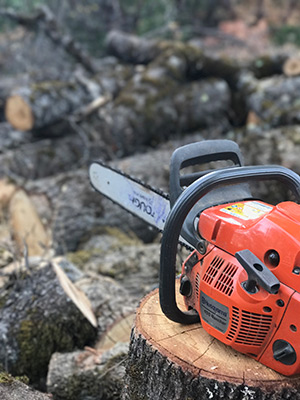 Most days I look at my mistakes and see how to do it better going forward. That I think is the solution. Everyday do a little better than the last.
Most days I look at my mistakes and see how to do it better going forward. That I think is the solution. Everyday do a little better than the last.
Recently. I put away all of my gas powered tools that I really don’t need. The ONLY gas powered hand tool I kept out was the Chainsaw. Next, I switched from using bar oil to canola oil.*
Maybe next I’ll put the Chainsaw away altogether and become a real man and fell my trees by hand.
*Bonus points for anyone who can identify at least 3 reasons why this still does’t cross check against permaculture
Most days I mess up and miss tons of opportunities to live more in alignment with my ideals. But many days I make small improvements to my life, home and business that do align with permaculture AND leave me feeling better and better about the way I lead my life.
What is an ocean? It is but a multitude of drops.
All of these small changes in my life will add up to big change. If I influence even one person, who influences even one person – that could be a tidal wave of change.
5 Day Challenge To You
So, I have a challenge for you. This is a favor I am asking on behalf of the next seven generations. On behalf our our little boy Sequoia.
I am not asking you to move off into the woods and wear a deer skin underwear.
But I am asking you to, for the next 5 days, ask yourself 1 time a day this question:
“How will this action impact 7 generations down the line from me?”
But go deep. Don’t just say, there’s no impact because the bottle of water is recyclable.
Ask yourself: Is that bottle REALLY recyclable? (the answer is no, it’s only down-cyclable and will break apart into microscopic toxic particles…)
Ask yourself: Do corporations REALLY have the right to privatize and profit off clean water when the majority of the world doesn’t have access to it? (I’m holding my tongue on this one)
If you are still with me – thank you.
Truly from the bottom of my heart thank you for reading this. While I know this post was not a glamorous “How to design and build your dream 200 acre homestead oasis” article, the kind of post that gets tons of attention and shares, this is a post that is deeply meaningful to me and my family.
This is big stuff. We aren’t just talking about gardening and rainwater harvesting here. We are talking about critically thinking and evaluating our lives in their entirety.
I know I said it was simple at the beginning and that is true. The definition is simple.
But the background behind each time you ask the question is not so simple. I know it is hard as hell to sift through the mess of information out there. Misinformation, corporate propaganda that is outright a lie to make you believe things (e.g. that plastic bags are good).
So, to that I say, take it one step at a time. Just like me and my chainsaw.
(Plus, I think I need another 10” on my beard before I’ll be rad enough to fell all of our trees by hand. I’m working on it)
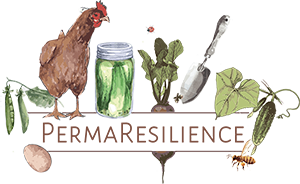

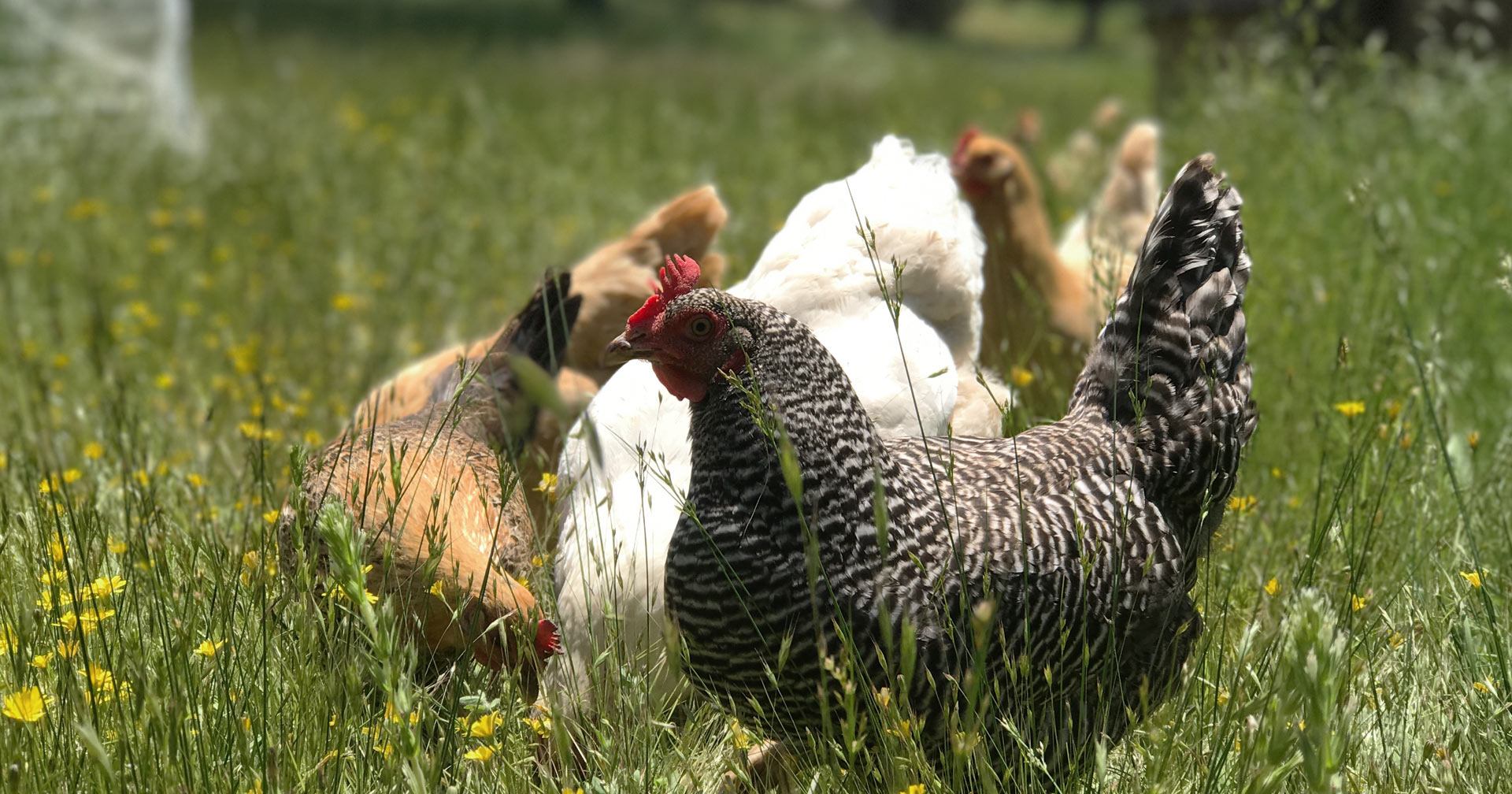

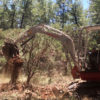



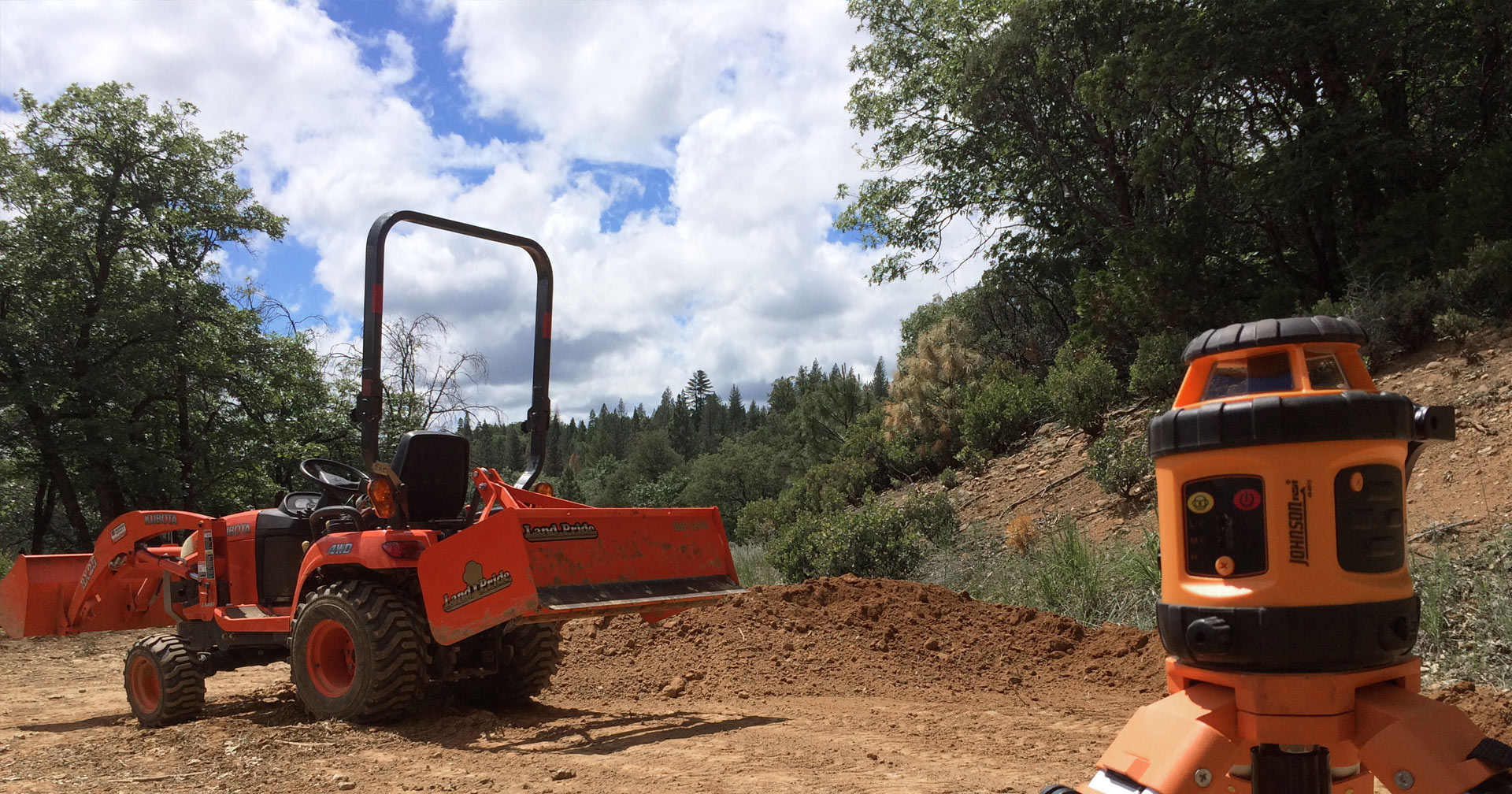
LMFAO in regards to the 10″ more you need on your beard I almost spit my tea all over when reading that hahaha and I totally agree about all the misinformation out there cause there is a TON of it !! The part about the plastic bags ..ya blows my mind they go to thicker plastic bags and get rid of the thin ones thinking this is somehow suppose to help ..give me a break someone who thought that up was brain dead…anyways great info here as always Bret always enjoy it and learn from it also !! And I use an electric weed eater, loppers, hand saw and clippers and my hands for weeds lol but I dont have a very big area to have to deal with right now but will probably need some more hand tools in the future once I have my homestead 🙂 anyways thx for always keeping us thinking and for all the awesome info you provide for us YOU ROCK !!!
Hey Kelly, lol right?!? Gotta have some fun too…
I gave up on all gas-powered lawn and garden tools. I use a hand push mower for the little bit of lawn I have left in my front yard, manual shears instead of a string trimmer and an old-fashioned broom to sweep up instead of a leaf blower. I also have an electric chainsaw that works okay (maybe not to fell a big tree but we don’t have any to fell) if I remember to sharpen the chain once in a while. And an electric leaf chipper to make mulch from my fruit tree trimmings.
We are also buying an electric car. While there is an impact in manufacturing it, not burning fossil fuels anymore to get to the grocery store or bring my daughter to kindergarten will be better for her future.
Definitely want to convert my garden to a more permaculture garden – but I need step-by-step guidance without spending a lot of money. Any suggestions, Bret?
Hey Marc! Sounds like you are making great progress and thanks for the question. It is a HUGE question that I would love to write about in further detail at some point but I can condense it down to the following.
To permaculture your garden look for ways to take money, time or fossil fuels out of it. Making your garden all permaculture should’t take money in fact it should be quite the opposite. Look for natural ways to solve your needs, e.g. make your own compost instead of buying needed amendments.
Start with one thing and dial it in, then move onto something else. Is there something specific that you are thinking of with your garden that you want some thoughts on?
We ended up getting our electric car so I feel like this is almost a lifestyle change that is going to influence what we do with other aspects of our life. Not having to stop at a gas station anymore and instead “filling up” with cleaner energy (most of our electricity comes from hydro, which I know also has implications but less than burning coal or natural gas to produce electricity) definitely is better. And in the future if we do solar and wind, we can recharge with even less impact.
I’ve already made good progress on minimizing the inputs. I plan to do more cover cropping this winter and I am maintaining one buffalo berry bush as basically just feeder material for my wood chipper to create my own mulch. Hope to also get a free load of arborist wood chips which at least is better that going and buying bagged mulch.
I’m brainstorming what I need to do and literally looking at everything I am doing in the garden and will write a blog post for my blog on what changes I plan to make. I’m excited but also hesitant as I know how much time everything tends to take. But finding ways to save time by looking at the current inefficiencies is what I need to consider as well.
Awesome Marc. It’s all about small steps that add up to something large in the grand scheme and you are doing just that. Also, allow for some gut feeling in there too – what does your gut say should happen? Just another tool…
Very engaging writing style, Bret. I enjoy your posts very much and commend you and your family for following your passion and living in alignment with your values.
Hey Michelle, thanks for saying so! We try but it’s constant work. I’m finding that there is always something that isn’t up to standard with my values and learning that this is apart of the journey.
Yes to all of this! It can be a hard change to make at first but life becomes so much more rewarding.
I agree. This morning I was thinking about how it was at first to save old egg shells instead of buying calcium supplements for our chickens. Just another of many small examples, that as you say, can make life more rewarding by permaculture.
Boom.